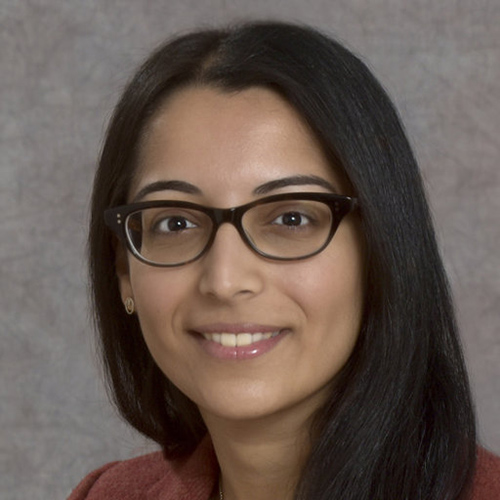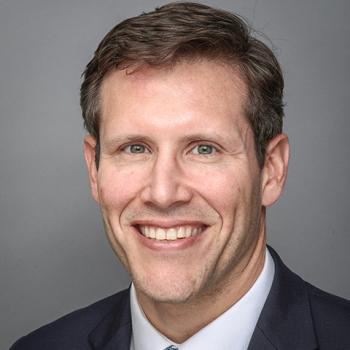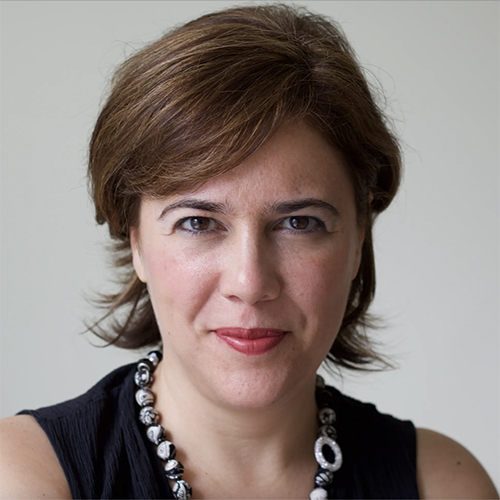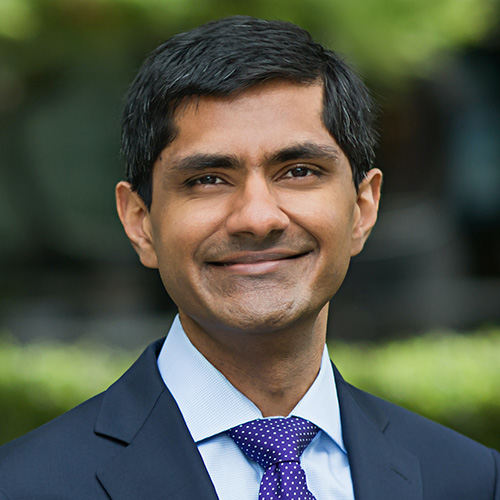
Meenakshi Rao, MD, PhD
Associate Professor, Boston Children’s Hospital, Current Grantee
The Rao lab investigates how the neural networks of the gut detect and use information about nutrients, microbes and hormones to regulate intestinal motility, immune responses and tissue repair.

Florian Reider, MD
Staff, Cleveland Clinic, Former Grantee
The Rieder lab focuses on the discovery of novel mechanisms of intestinal fibrogenesis, the prediction of fibrostenosing disease courses and innovative ways to treat Inflammatory Bowel Disease patients with established strictures.

Michael Rosen, MD
Professor, Stanford University, Former Grantee
Dr. Rosen’s research focuses on how the immune system and cellular metabolism regulate epithelial function in IBD. His clinical research focuses on optimization of biologic therapy in pediatric IBD, particularly acute severe ulcerative colitis.

Carla Rothlin, PhD
Professor, Yale University, Former Grantee
Dr. Rothlin’s research focuses on the mechanisms that underlie the regulation of inflammation and the homeostatic control of immune function.

Vivek Rudrapatna, MD, PhD
Assistant Professor; University of California, San Francisco; Current Grantee
Dr. Rudrapatna’s research applies data mining and artificial intelligence technologies to health care data to uncover information that could improve decision making and lead to better outcomes for patients, with a particular focus on IBD.

Tiffany Scharschmidt, MD
Professor; University of California, San Francisco; Current Grantee
The Scharschmidt lab investigates the cellular and molecular mechanisms that mediate interactions between bacteria and the developing immune system, with a long-term goal of developing new therapeutic approaches.
